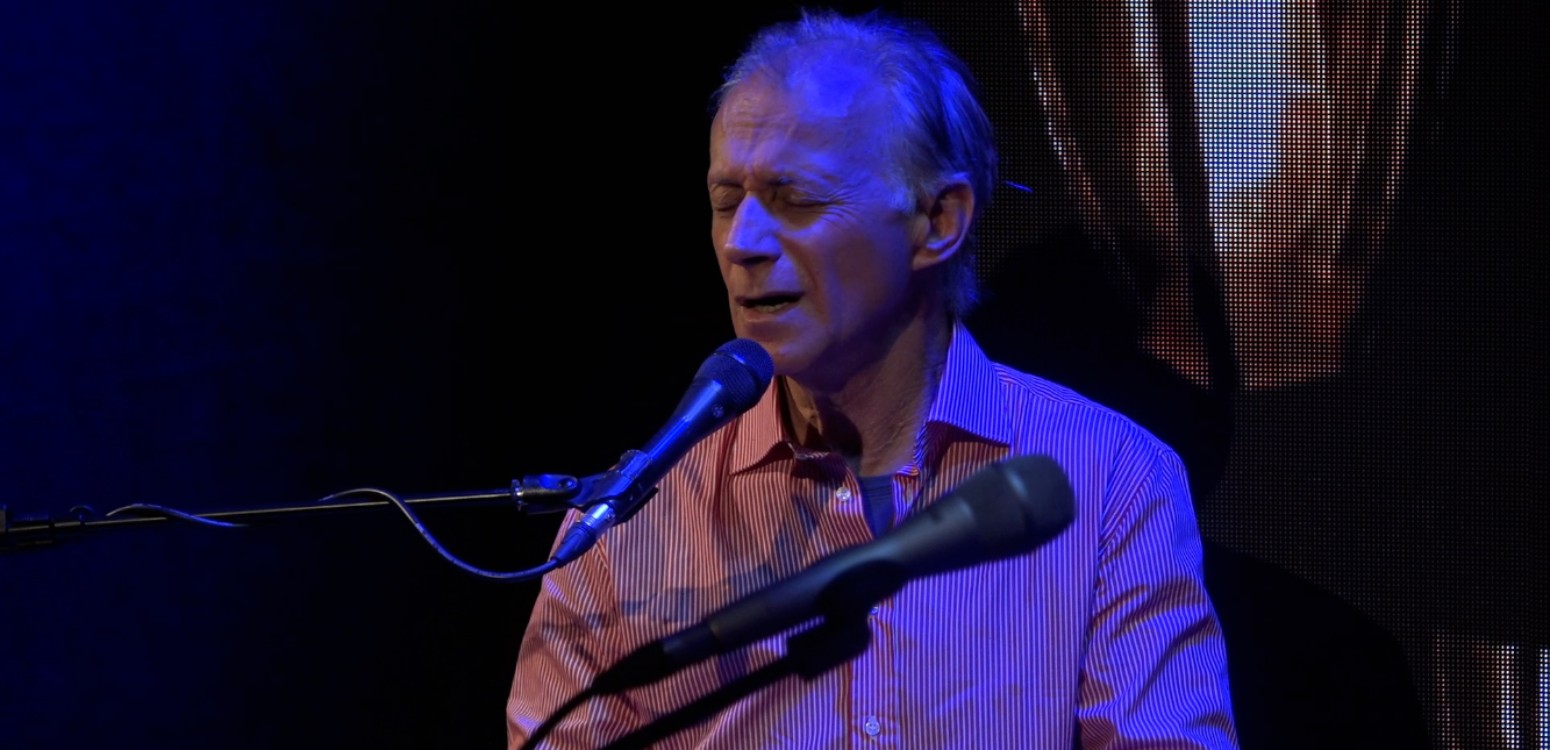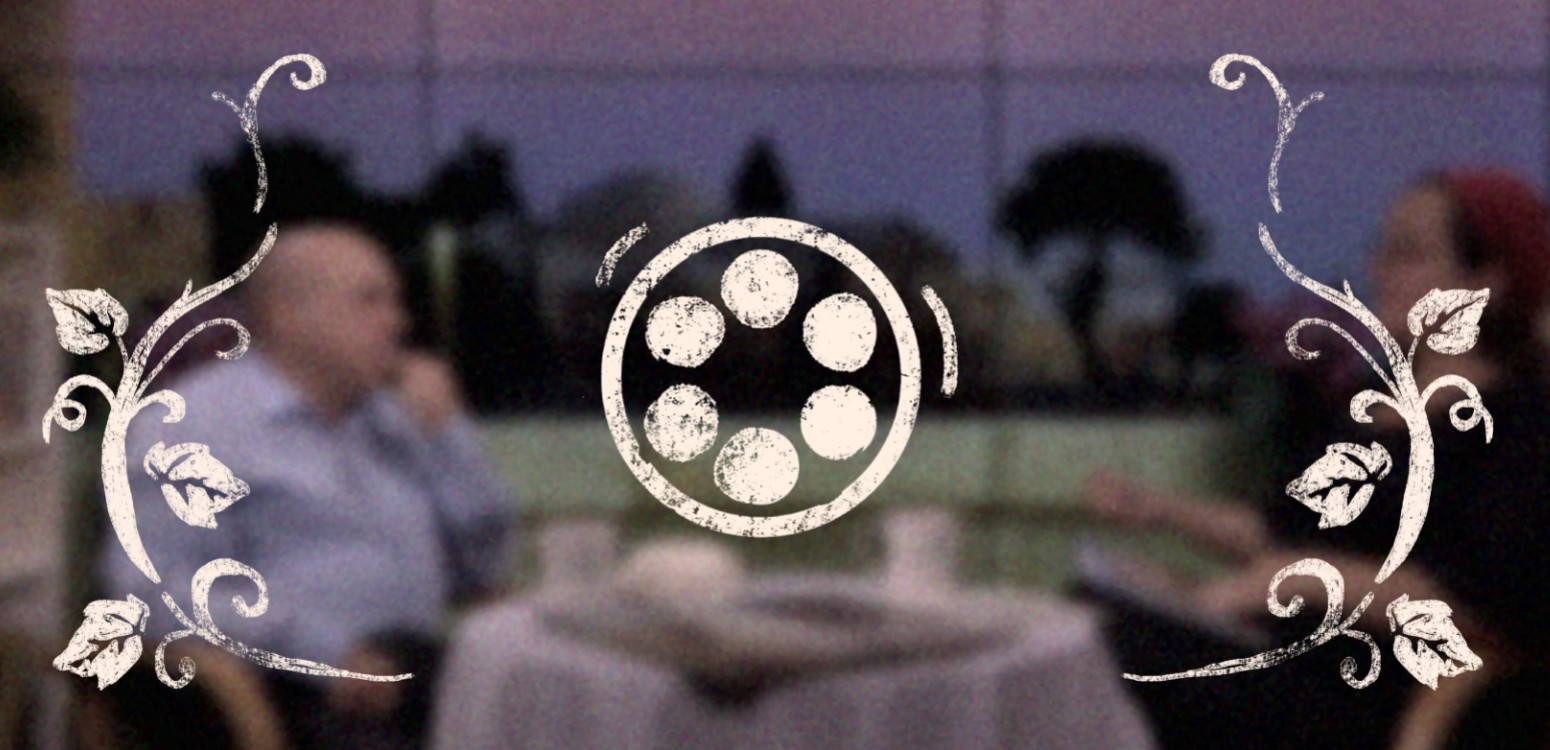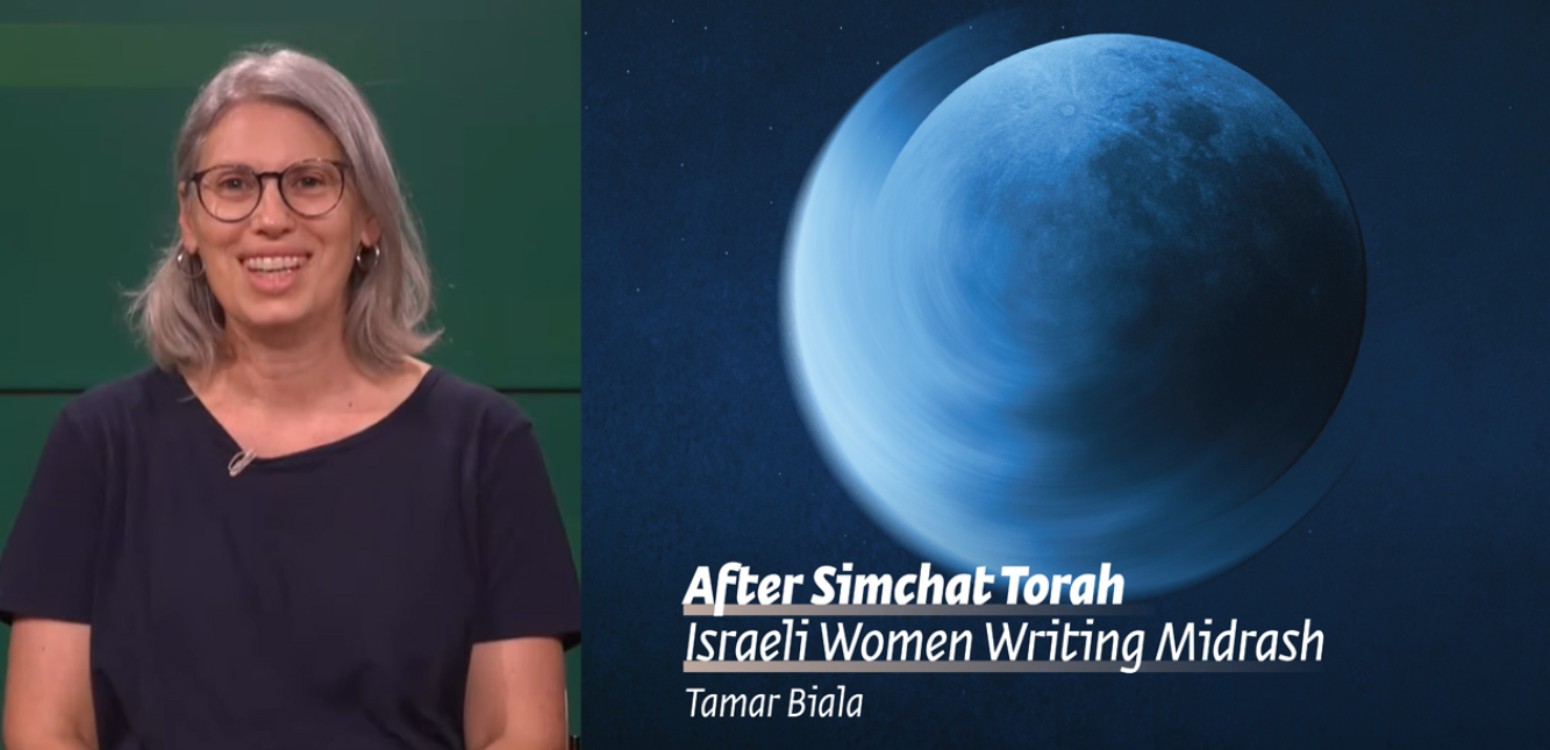
Parashat Vayera shows us an Abraham who argues with God to save strangers in Sodom, and an Abraham who silently binds his son Isaac on an altar. What do we do with this contradiction? And which Abraham do we choose to emulate?
Four stories in Parashat Vayera trace Abraham’s journey through the book of Genesis. Something shifts along the way – a trajectory I find both fascinating and troubling.
The different sides of Abraham
In the first story, Abraham welcomes strangers into his home with generous hospitality. When God reveals these are angels on their way to destroy Sodom, Abraham challenges Him:
“Will You sweep away the innocent along with the guilty? What if there should be fifty innocent within the city; will You then wipe out the place and not forgive it for the sake of the innocent fifty who are in it? Far be it from You to do such a thing, to bring death upon the innocent as well as the guilty, so that innocent and guilty fare alike. Far be it from You! Shall not the Judge of all the earth deal justly?”. (Genesis 18:23-25)
He argues, bargains, refuses to accept the decree without protest.
In the second story, Abraham arrives in Gerar. Fearing for his life, he tells Abimelech that Sarah is his sister, leaving her vulnerable to being taken by the king. The man who just argued passionately for strangers in Sodom says nothing to protect his own wife. The story ends peacefully because God appears to Abimelech in a dream, reveals that Sarah is Abraham’s wife, and warns him not to harm them.
In the third story, Sarah demands that Abraham cast out Hagar and Ishmael. “She said to Abraham, ‘Cast out that slave-woman and her son, for the son of that slave shall not share in the inheritance with my son Isaac.’ The matter distressed Abraham greatly, for it concerned a son of his” (Genesis 21:10-11). An angel appears to Abraham in a dream, promises that it will be alright, and instructs him to do as Sarah says. Abraham is persuaded and sends Hagar and her son into the desert.
The pinnacle of faith
And then comes the most difficult story of all. “Some time afterward, God put Abraham to the test, saying to him, ‘Abraham.’ He answered, ‘Here I am.’ ‘Take your son, your favored one, Isaac, whom you love, and go to the land of Moriah, and offer him there as a burnt offering on one of the heights that I will point out to you’” (Genesis 22:1-2).
And Abraham simply carries it out. He takes the required equipment and sets out with his son and some of his servants on a journey toward the mountains. When Isaac asks him where the lamb for the burnt offering is, Abraham tells him that God will provide it. And then Abraham binds his son on the altar, takes the knife to slaughter him, and at the last moment the angel prevents him from doing so.
What happens to Isaac after this? The text is silent, but I find myself imagining him living with that memory – his father binding him, raising the knife.
From biblical commentators through Kierkegaard to Leibowitz, many have seen Abraham’s actions here as the pinnacle of faith. Perhaps they were. But I can’t help noticing: the same Abraham who dared to argue with God over the fate of strangers in Sodom falls silent when it comes to his own son. True, there’s a difference – in Sodom, God shared information but didn’t command action. Here, God commands directly. Does that explain the silence? I’m not sure it does, not entirely.
The contrast is stark. And perhaps not just in him.
Fulfilling a divine command
This week we marked thirty years since the murder of Yitzhak Rabin. The murderer claimed religious justification. History – distant and recent – is filled with such claims: acts of violence committed by people convinced they were doing God’s will. The attack on October 7th. Acts within our own community. People who believed, with terrible certainty, that they were fulfilling a divine command. Perhaps Abraham the Binder has become a dangerous model for those who abandon moral boundaries in the name of faith.
I wonder if we’ve spent too long exalting Abraham at the altar and not enough time learning from Abraham at the tent – the one who argued for justice, who demanded compassion even from God. Both Abrahams exist in the text. Both, perhaps, exist in us. The question is which one we choose to cultivate.
Lior Tal Sadeh is an educator, writer, and author of “What Is Above, What Is Below” (Carmel, 2022). He hosts the daily “Source of Inspiration” podcast, produced by Beit Avi Chai.
For more insights into Parashat Vayera, listen to “Source of Inspiration”.
[link]
Translation of most Hebrew texts sourced from Sefaria.org
Main Photo: An angel restrains Abraham from sacrificing Isaac\ Wikipedia
Also at Beit Avi Chai





















